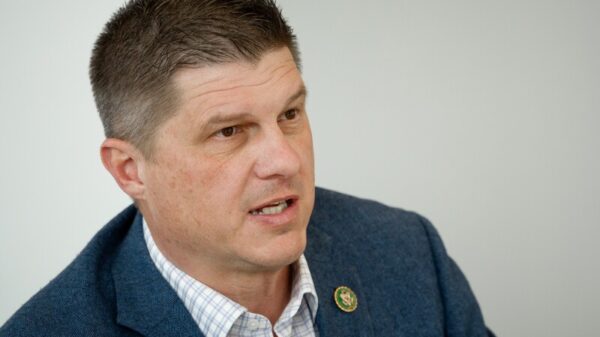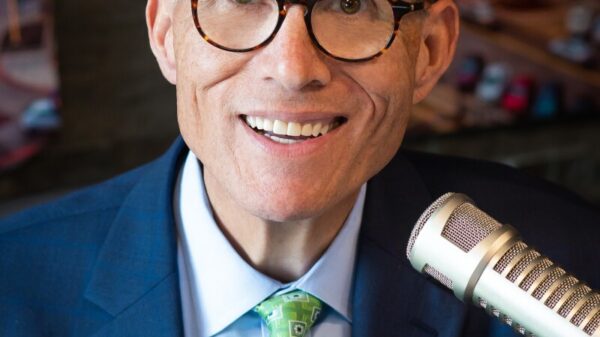The increasing isolation of men has become a significant concern, according to Scott Galloway, a prominent Professor of Marketing at NYU’s Stern School of Business. During a recent appearance on the talk show Smerconish, Galloway discussed the factors contributing to the rising epidemic of male loneliness, particularly noting the sharp decline in romantic relationships.
Galloway emphasized that men are experiencing a crisis of connection, which is impacting their emotional and psychological well-being. He pointed out that while both genders benefit from social relationships, men are often more dependent on these connections for their mental health. This trend is alarming, especially as studies indicate a correlation between loneliness and adverse health outcomes.
Understanding Male Loneliness
The conversation on September 30, 2023, highlighted troubling statistics regarding male relationships. Galloway noted that men have significantly fewer close friends compared to women, and this gap is widening. As societal norms evolve, many men find it increasingly challenging to establish and maintain deep connections. The decline of traditional male bonding activities, such as team sports or social clubs, further exacerbates this issue.
Galloway pointed out that the detachment from romantic relationships is particularly concerning. He cited research indicating that romantic partnerships play a crucial role in fostering emotional support and companionship. As fewer men engage in these relationships, they risk falling into a cycle of loneliness and isolation.
In addition, the professor addressed how cultural shifts may contribute to this growing crisis. Many men are socialized to prioritize career success over personal relationships, leading to a lack of investment in social networks. The stigma surrounding vulnerability can also deter men from seeking help or reaching out to friends during difficult times.
Implications for Society
The implications of this loneliness epidemic extend beyond individual experiences. Galloway underscored that a society with a high prevalence of loneliness among men could face broader issues, such as increased mental health problems, lower productivity, and higher healthcare costs. As men grapple with feelings of isolation, there is a pressing need for societal change to foster stronger connections.
Support systems that encourage men to engage in social activities and build friendships can help alleviate some of the loneliness. Galloway advocates for initiatives that promote emotional intelligence and vulnerability among men, which could lead to healthier relationships and a more connected society.
In conclusion, Scott Galloway’s insights shed light on a growing crisis that warrants attention. The loneliness epidemic among men not only affects their well-being but poses significant challenges for communities as a whole. Addressing these issues requires a multifaceted approach that encourages deeper connections and supports mental health for all.








































































